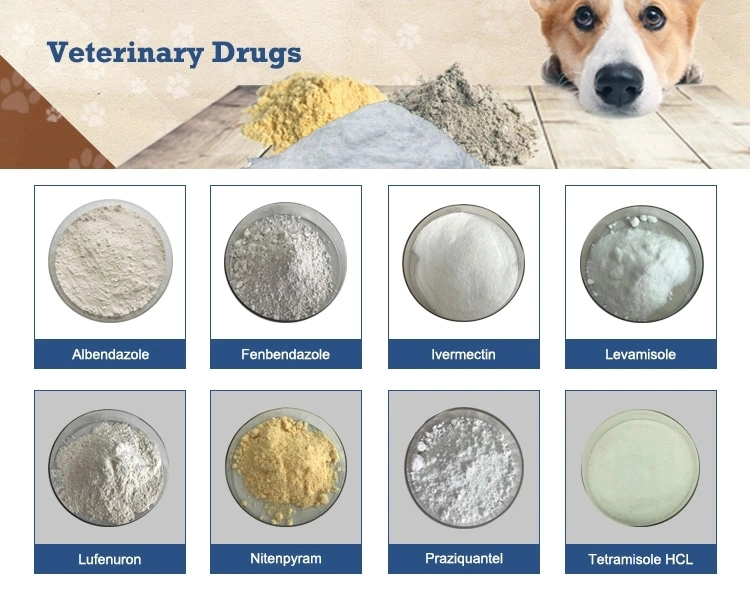Praziquantel is a medication primarily used to treat parasitic infections caused by various types of flatworms, including schistosomiasis, tapeworm infections, and fluke infections.
Applications of praziquantel:
Schistosomiasis: Praziquantel is the drug of choice for treating schistosomiasis, a parasitic disease caused by Schistosoma species. Schistosomiasis is a widespread tropical disease that affects millions of people, particularly in Africa, Asia, and South America. Praziquantel effectively kills the adult worms, helping to reduce the severity of symptoms and prevent complications.
Tapeworm Infections: Praziquantel is also used to treat infections caused by various species of tapeworms, such as Taenia solium (pork tapeworm) and Taenia saginata (beef tapeworm). It is effective in eliminating these intestinal parasites.

Fluke Infections: Praziquantel can be used to treat infections caused by liver flukes (e.g., Fasciola hepatica) and lung flukes (e.g., Paragonimus westermani). These parasites can infect the liver and lungs, respectively, and praziquantel helps to eliminate them from the body.
Praziquantel is generally well-tolerated and is often administered as a single dose or a short course of treatment. It is an essential tool in the control of these parasitic infections, particularly in regions where they are endemic. However, it’s important to use praziquantel under the guidance of a healthcare professional, as the dosage and duration of treatment may vary depending on the specific infection and individual patient factors. It is not effective against all types of parasites, so a proper diagnosis is crucial before its use. Additionally, it may have some side effects, so its use should be closely monitored by a healthcare provider.
Adverse effects of Praziquantel
Praziquantel is a medication commonly used to treat parasitic infections caused by schistosoma worms and certain types of tapeworms. While it is generally considered safe and effective, like any medication, it can have adverse effects. Here are some of the common adverse effects of praziquantel:
Gastrointestinal Upset: Many people taking praziquantel may experience gastrointestinal side effects such as nausea, vomiting, abdominal pain, and diarrhea. Taking the medication with food can help reduce these symptoms.
Dizziness and Headache: Some individuals may experience dizziness or headache while taking praziquantel. It’s important to avoid activities that require alertness, such as driving, if you experience dizziness.
Fatigue: Praziquantel can lead to feelings of tiredness or weakness, which may persist for some time after taking the medication.
Allergic Reactions: While rare, some individuals may develop allergic reactions to praziquantel. Symptoms of an allergic reaction can include rash, itching, swelling, severe dizziness, and difficulty breathing. Seek immediate medical attention if you experience these symptoms.

Neurological Symptoms: In rare cases, praziquantel has been associated with neurological symptoms, including seizures, especially at higher doses. Individuals with a history of epilepsy or other neurological conditions may be at higher risk.
Liver Function Abnormalities: Praziquantel can sometimes cause mild and transient elevations in liver enzymes, although severe liver problems are very rare. Liver function should be monitored in individuals with preexisting liver conditions.
Muscular Pain: Some individuals may experience muscle pain or weakness as a side effect of praziquantel.
It’s important to note that most people tolerate praziquantel well, and the majority of side effects are mild and temporary. However, if you experience severe or persistent side effects, it’s essential to contact a healthcare professional. Praziquantel is generally considered safe for use in the treatment of parasitic infections when prescribed by a healthcare provider, and the benefits of treating these infections often outweigh the potential risks of side effects.
